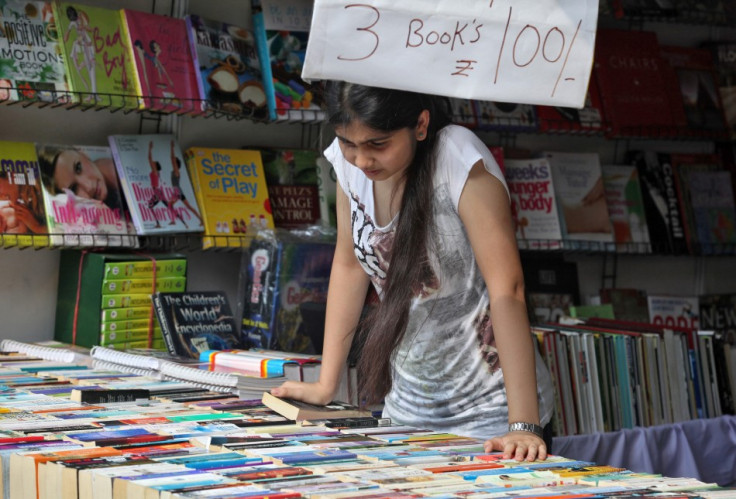1-in-10 people do not own a single book, but UK households have 8 web-connected devices
16% of adults in England are 'functionally illiterate', with reading abilities below an 11-year-old's.

New research shows that one-in-10 people in the UK do not own any books, although many households have over eight devices connected to the internet.
Technology has become so intertwined with domestic life that almost 50% of households with children say they often send texts to each other, even when they are all at home.
Research by the National Literacy Trust found that 85% of those aged 8-15 own a games console, and 81% have a mobile phone.
Smartphones are increasingly used "for activities they used to do on desktop, from searching and shopping to social and watching video," Tim Elkington, chief strategy officer for the Internet Advertising Bureau (IAB) told Real Business.
Around 6.5m people in Britain (one-in-10) to do not own any printed books according to a new report by Aviva insurers. In the 18-24 age range, the number increases to one-in-five people.
Although the report sounds alarm bells, Andrew Holgate, literary editor of The Sunday Times said he was not surprised but looked on the positive side as "at least that means 90% of homes do have books".
According to the National Literacy Trust, less than 1% of adults in England are described as completely illiterate (unable to read or write).
Around 16% of adults in England are "functionally illiterate", in that they would not pass an English GCSE and have literacy levels below that of an 11-year-old.
Young people in England are also the most illiterate in the developed world, according to an Organisation for Economic Co-operation and Development (OECD) report.
Former Ofsted director Sir Jim Rose, said: "We are in serious trouble. We have entered the era of the Argos catalogue family: those with no books of their own at home. We need to do something urgently. It is a responsibility we cannot afford to shirk."
However, according to The Guardian, figures from Nielsen Book Research revealed that in the first half of 2016, Britons bought 4m more books than they did during the same period in 2015.
© Copyright IBTimes 2025. All rights reserved.






















